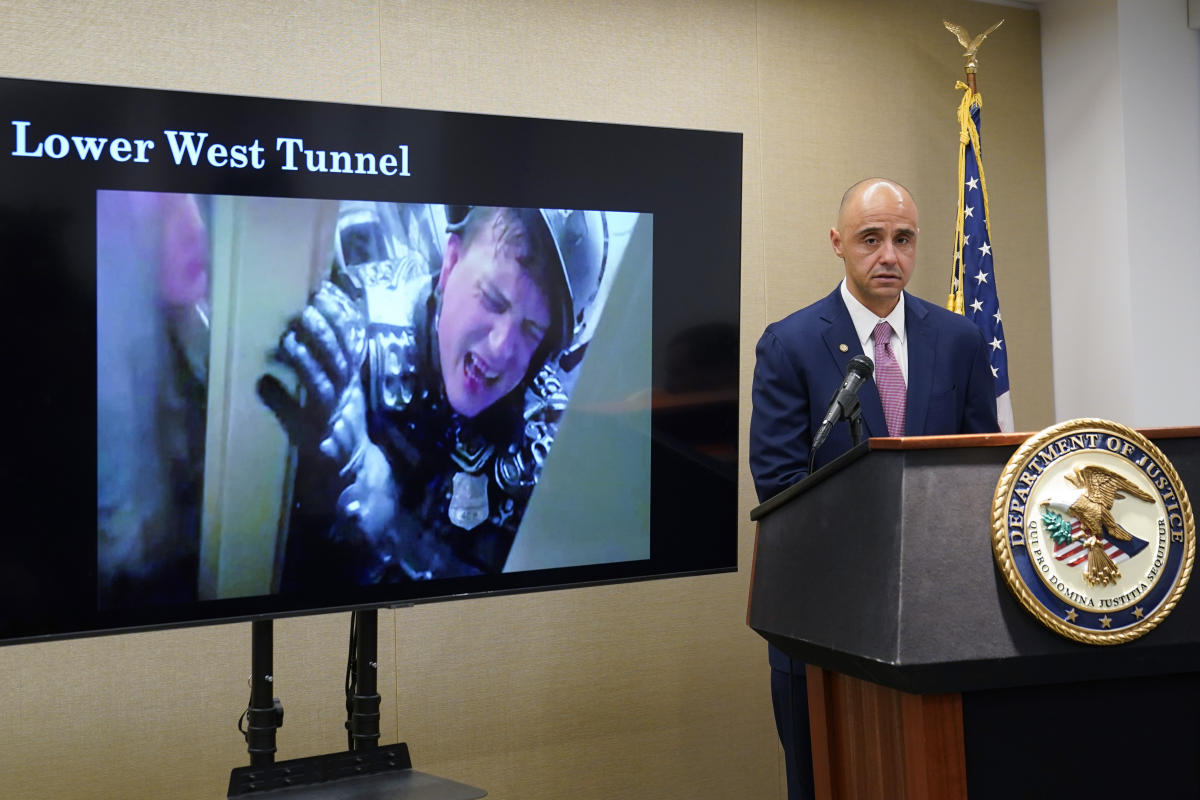MagicMike
Platinum Member
You sound triggered.Quit being a damn traitor. Oh, wait. some people like monarchs like the Biden royalteetees. You're all about getting paid, and paid you get for betraying the best President this country has had in the last few decades. Take your little stilletto and cram it up your holster.
Isn't there a safe space you snowflakes can go whine to each other and feel better?
Out here in the real word we get tired of listening to it.



